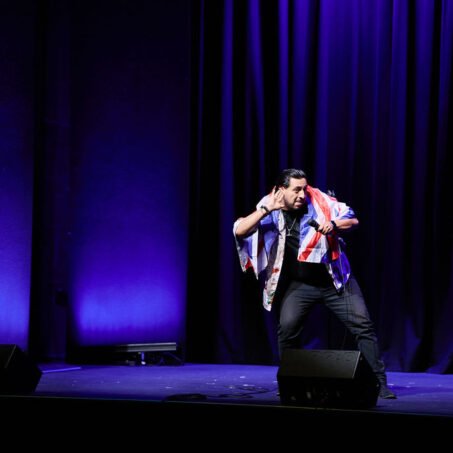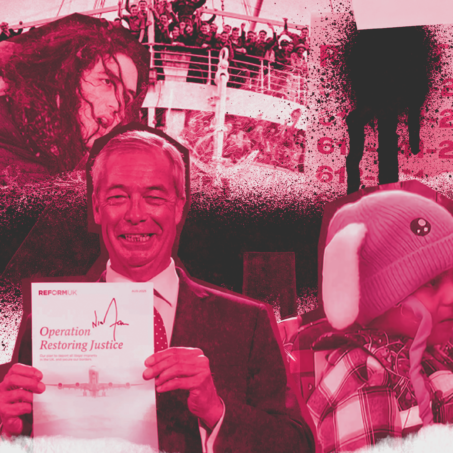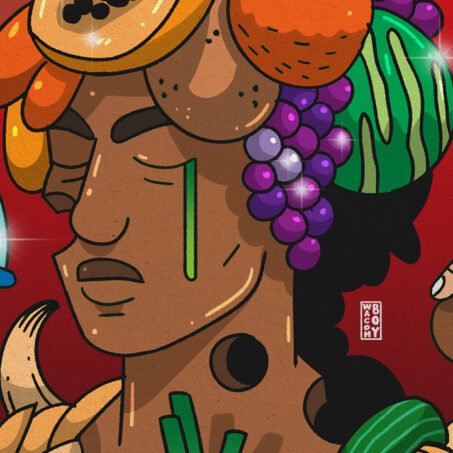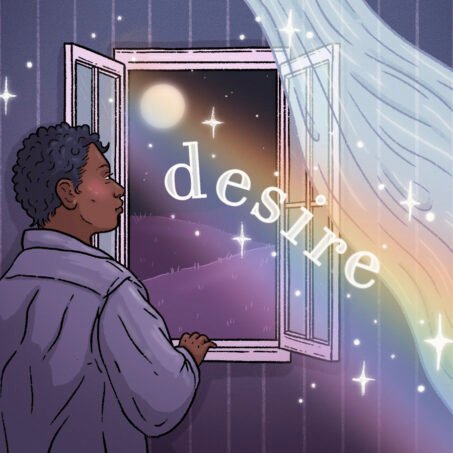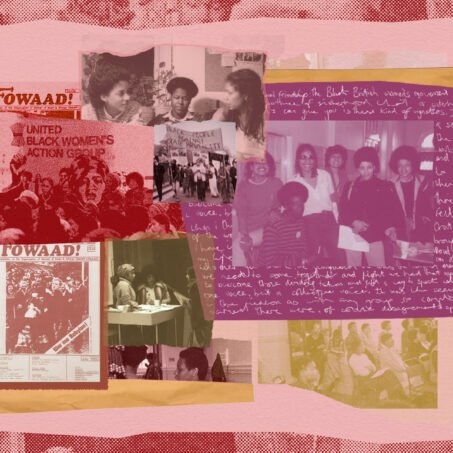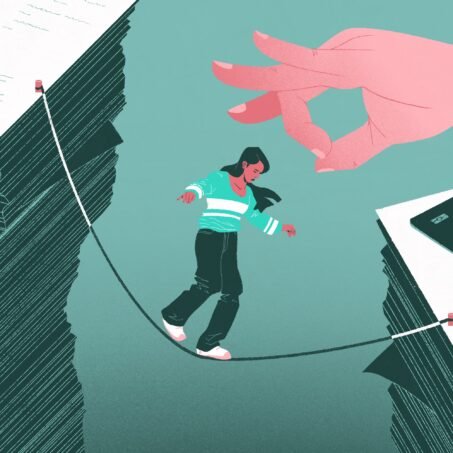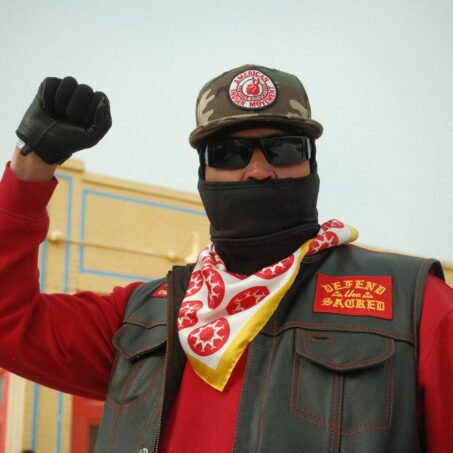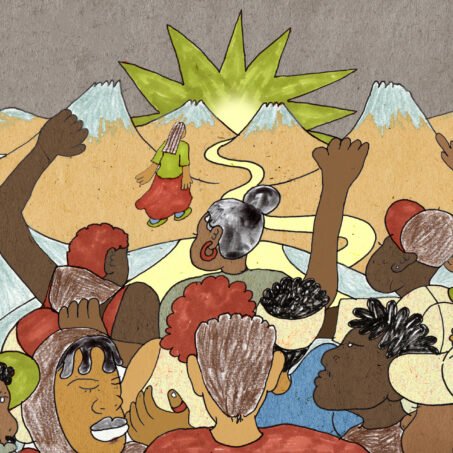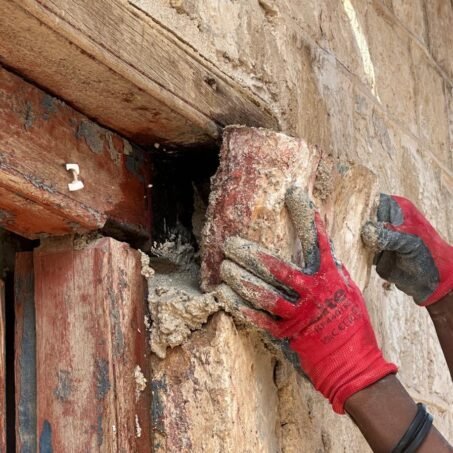My nannajaan has always had a temper. He is intelligent, funny, generous, and hard-working. But he has always and will always have a temper. As a family, it was a constant struggle to not let this trait define him. From handing out ten pound notes and telling stories to his grandchildren, to a sudden hurricane of anger that had the power to create deep and lasting cracks in our tight knit family – it was often hard not to dismiss him as an angry Pakistani patriarch.
After a short stint of living with my grandparents, his wisecracks, humour and care would be quickly and suddenly overshadowed by his bad moods that would leave a heavy fog over the house and leave us all visibly shaken.
As the granddaughter of first-generation immigrants, I have been far removed from his experiences before, during and after partition, and so I have struggled to understand the anger and stress he was so visibly handing down to the generations below him.
Over the summer, the UK had its first ever South Asian Heritage month, which prompted me to reflect on my understanding of where exactly I have come from. A logical place to start was the India/Pakistan partition in 1947. My nannajaan was just 13 when the Indian subcontinent divided into two parts – a Hindu majority India and a Muslim majority Pakistan. It was a time of widespread riots and bloodshed, which were marked on both sides of the border. Over the course of just a few months, approximately a million people died, ten million mass migrated across the border, thousands died from contagious disease; and around 75,000 women were known to be raped and abducted. From stumbling across the aftermath of a massacre, to helping his own father protect the lives of vulnerable neighbours and friends, horrifying events were experienced by millions of people, including my own nannajaan.
After the exit of the British Empire, the Pakistani economy entered a period of uncertainty and my nannajaan had no choice but to make the move to the UK and work tirelessly in several factories to make money for his family back in Pakistan. As he was constantly faced with extreme racism and poverty, my mum and her two siblings grew up with an angry, irrational and turbulent father, whose mood would flip in seconds and leave the whole family constantly walking on eggshells.
Seventy years ago, concepts such as post traumatic stress disorder were not part of the understanding of refugees and migrants in the same way as they are today. Whilst there is now increasing research on the impacts of people living through the violence of partition and how it would have led to severe trauma, mental health is still very much stigmatised in the South Asian community. Because of this, my nannajaan never thought to seek professional help over his traumatic experiences during the partition and instead it manifested in toxic ways that have consequently affected his children and grandchildren. Living with a father with many aggressive tendencies has clearly affected my mother and her siblings and it is an unspoken fact that many children of immigrants continue to be the scapegoats of PTSD and trauma.
Intergenerational trauma was first documented among the descendants of Holocaust survivors, where the impact was clearly passed from one generation to the next, creating a snowball effect of cumulative damage. It doesn’t matter who you are or where you come from, trauma affects the way people think and act and overwhelms their ability to cope and engage.
I have seen first-hand how the impact of my nannajaan’s unhealed trauma had the ability to weave its way through the fabric of my family for over three generations. Going forward, we must collectively heal as a family. We must acknowledge trauma, acknowledge the power of mental health, and acknowledge our personal battles and the causality that comes with them. We have the capability of ending these cycles and addressing the pain. It won’t be easy. It will be a long journey to find a way to use these parts of us in a way that can facilitate growth.
The poet and psychologist Sanah Ahsan summarises a lot of the pain and process of healing in her poem; ‘Decolonising Distress’:
They call it ‘depression’, while you call it survival from oppression. Healing lies at the collective not only the individual perspective. So keep feeling. Let your tears fall in protest, release your rage in revolution. Remember your tenderness packs muscle. Stay tender. Please stay tender.
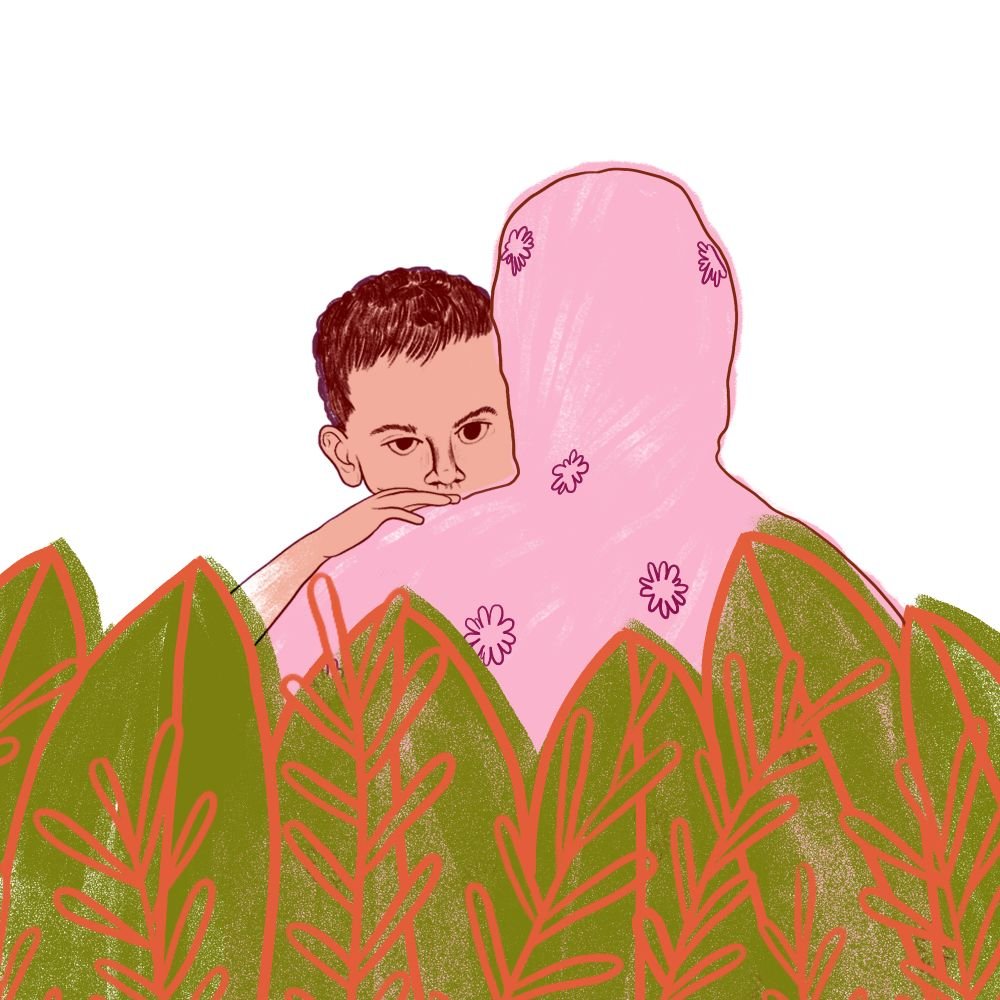
See more of Kohenoor’s work on her instagram


